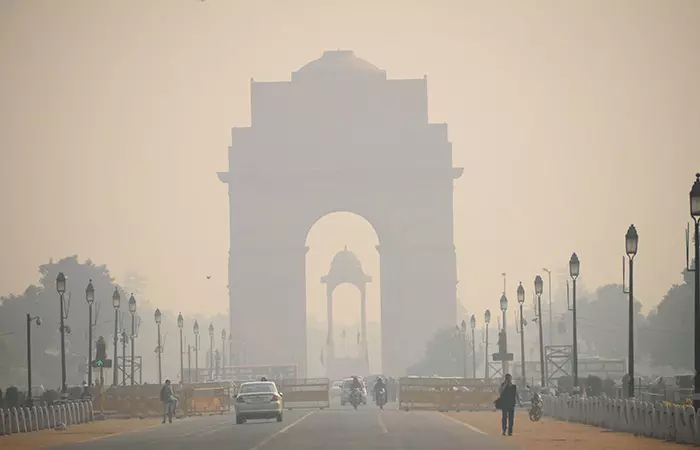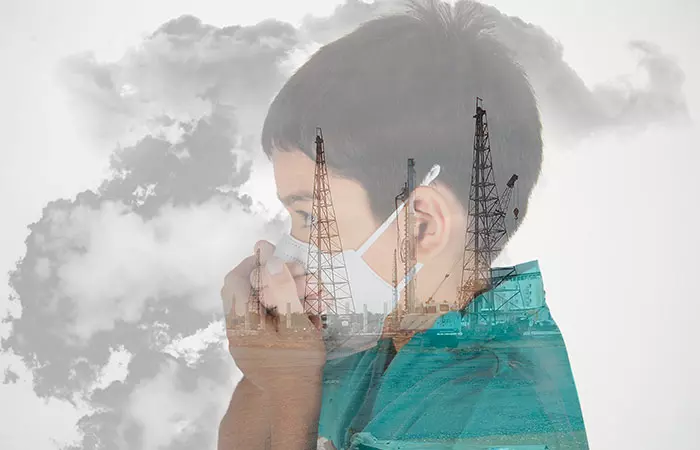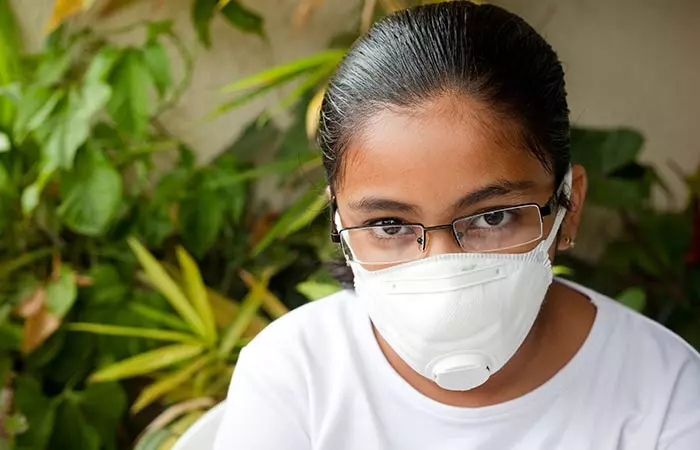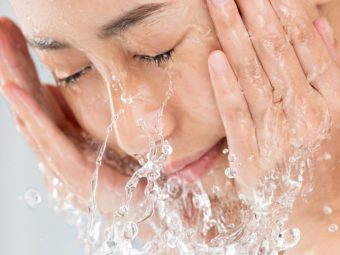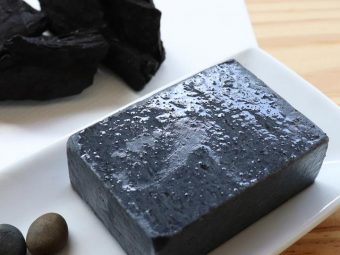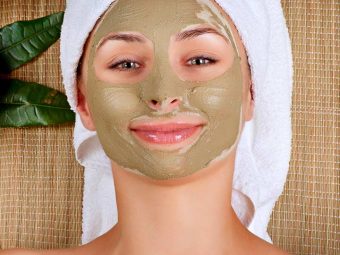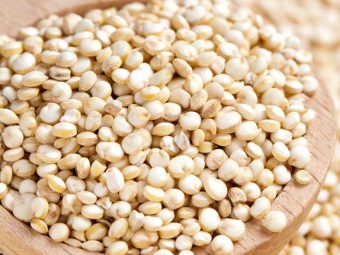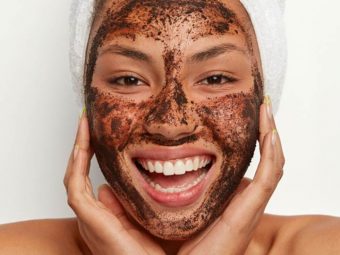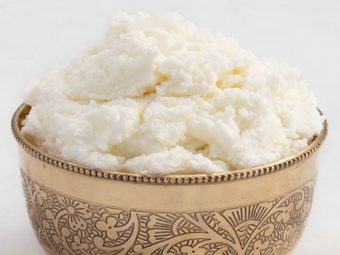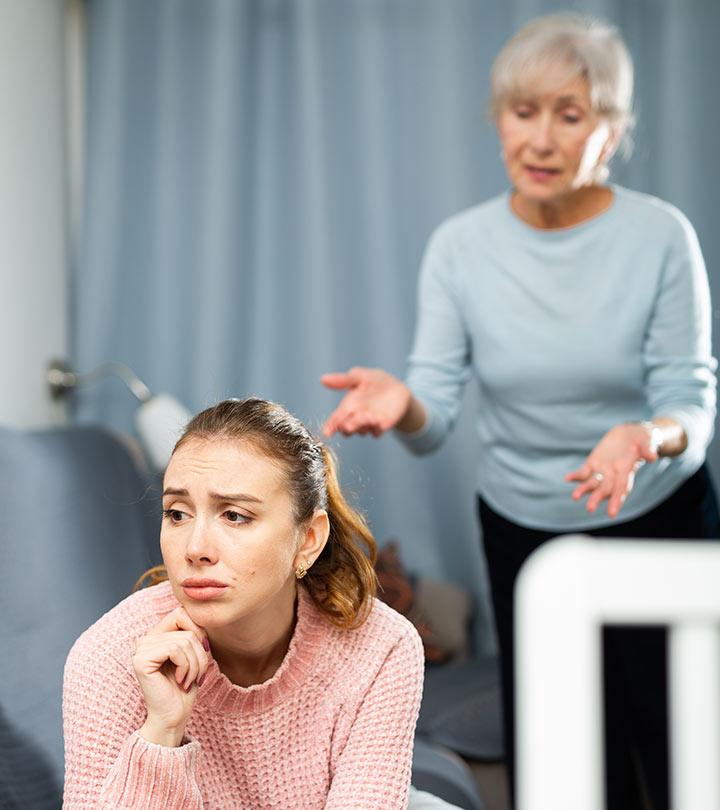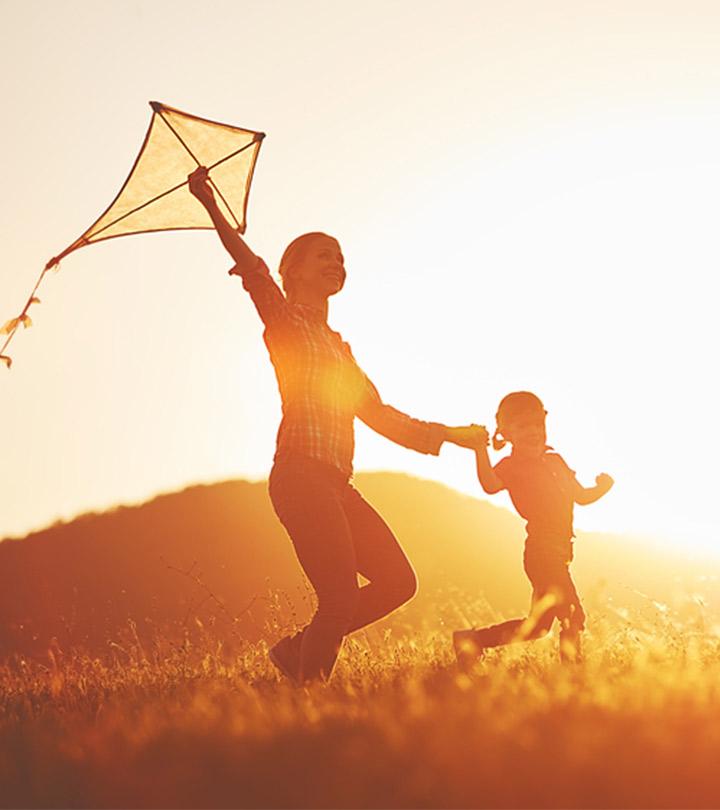Let Us Face This Pollution Like A Pro!
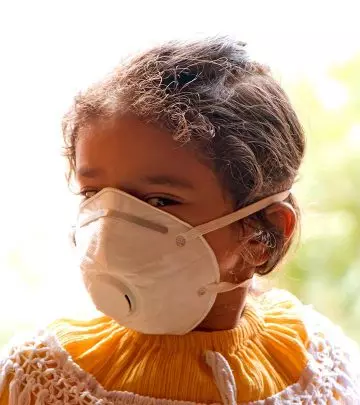
Image: iStock
India is undoubtedly one of the fastest developing countries in the world. Even then, Indians are unsafe in their own houses considering the extremity of pollution that we face. In the wake of the acute pollution faced by Delhi and its neighboring states since Diwali, it is quite necessary to spread awareness about the prevention and control of such situations. This isn’t an isolated incident and pollution problems have been reported in many parts of the country, especially in cities, after festivals like Diwali during which people burst a tremendous number of firecrackers. Evidently, the memory of the public and the law enforcers is quite weak due to which this has become a repetitive incident now.
The air quality dipped to “severe” in Delhi and other parts of North India last week. The current situation is so bad that the Environment Pollution (Prevention & Control) Authority has declared a public health emergency (1). While it’s our collective responsibility to treat our environment the right way and keep pollution at bay, the situation (like always) has turned into a blame game. However, at the end of the day, it’s the common people who are going to suffer from this frightful situation.
In this article, we will help you understand why it is important to be cautious when under the pollution attack. We’ll also talk about what are the things that you can do to protect yourself and your family from it. Read on to know more.
Important Things To Know About Air Pollution
Most of the time, air pollution is a blend of man-made and natural substances in the air that we breathe. Some of the common air pollutants are particulate matter, nitrogen dioxide, carbon monoxide, ozone, lead, and sulfur dioxide. Particulate matters named PM10 and PM 2.5 are the ones that can cause the most damage to our health. PM10 particles are particles with diameters less than 10 micrometers or less and they can lead you to many health problems ranging from wheezing and cough to asthma attacks, strokes, heart attacks, and premature death. PM 2.5 particles are fine particles with a diameter of 2.5 micrometers or less. These are the most dangerous ones and have been linked with bronchitis, asthma, heart diseases, lung cancer, and reduced lung function (2).
How To Deal With Air Pollution
To make sure that you and your family stay healthy during this crisis, here are a few things to keep in mind:
- If possible, move to a place with lower pollution for a few days.
- On high pollution days (AQI> 500), do not go outside your home, keep the doors and windows shut, and use an air conditioner.
- Replace your rugs and doormats with cotton or daily washable cloth pieces. Fold and store your thick blankets and mats in trunks to prevent the accumulation of dust.
- Pack everything that can accumulate dust like stuffed toys and fluffy cushions in a sealed bag.
- Limit physical exertion of all the family members and try to relax and engage in lighter activities.
- Do not travel in two-wheelers or rickshaws on days with extreme pollution. If traveling in a 4-wheeler, make sure that the air conditioning system is working fine and there are no gaps between the door or the windows for outside air to enter directly.
- If you have to go outside, use an anti-pollution mask. Try to get an N99/ N100 mask if possible.
- Use air purifiers that have HEPA (High-efficiency Particulate Air) filters. Also, grow indoor plants that are known to purify the air like dwarf date palms, peace lilies, philodendrons, spider plants, areca palms, pineapple plants, and chrysanthemums.
- Clean the floor and the shelves with a wet mop or cloth piece instead of vacuuming or sweeping. You can vacuum if the cleaner has a HEPA filter.
- Keep your bedroom extremely clean, especially for elderly people and children. Use nasal drops frequently and inhale steam before going to bed.
- Use a humidifier with essential oils like eucalyptus and lemongrass oil since it helps in improving sleep quality.
- Eat jaggery, lemon, and anti-oxidant rich food items like carrots, tomatoes, walnuts, broccoli, black grapes, apples, turmeric, onions, and garlic. Also include food rich in omega 3 fatty acids like salmon, tuna, sprouts, chia seeds, flax seeds, and basil.
Even with all these measures, nobody is completely safe from the toxic air that we’re surrounded with. Only if we step up and make a difference in how we treat our environment and address the problems related to pollution, we can live a peaceful life. If things get worse, just imagine how much of dread your children will have to go through in the future.
So, let’s learn from this trauma and make sure that it doesn’t happen again because someday, things are going to get so worse that none of the above things will help us. Let’s be cautious and responsible citizen folks!


